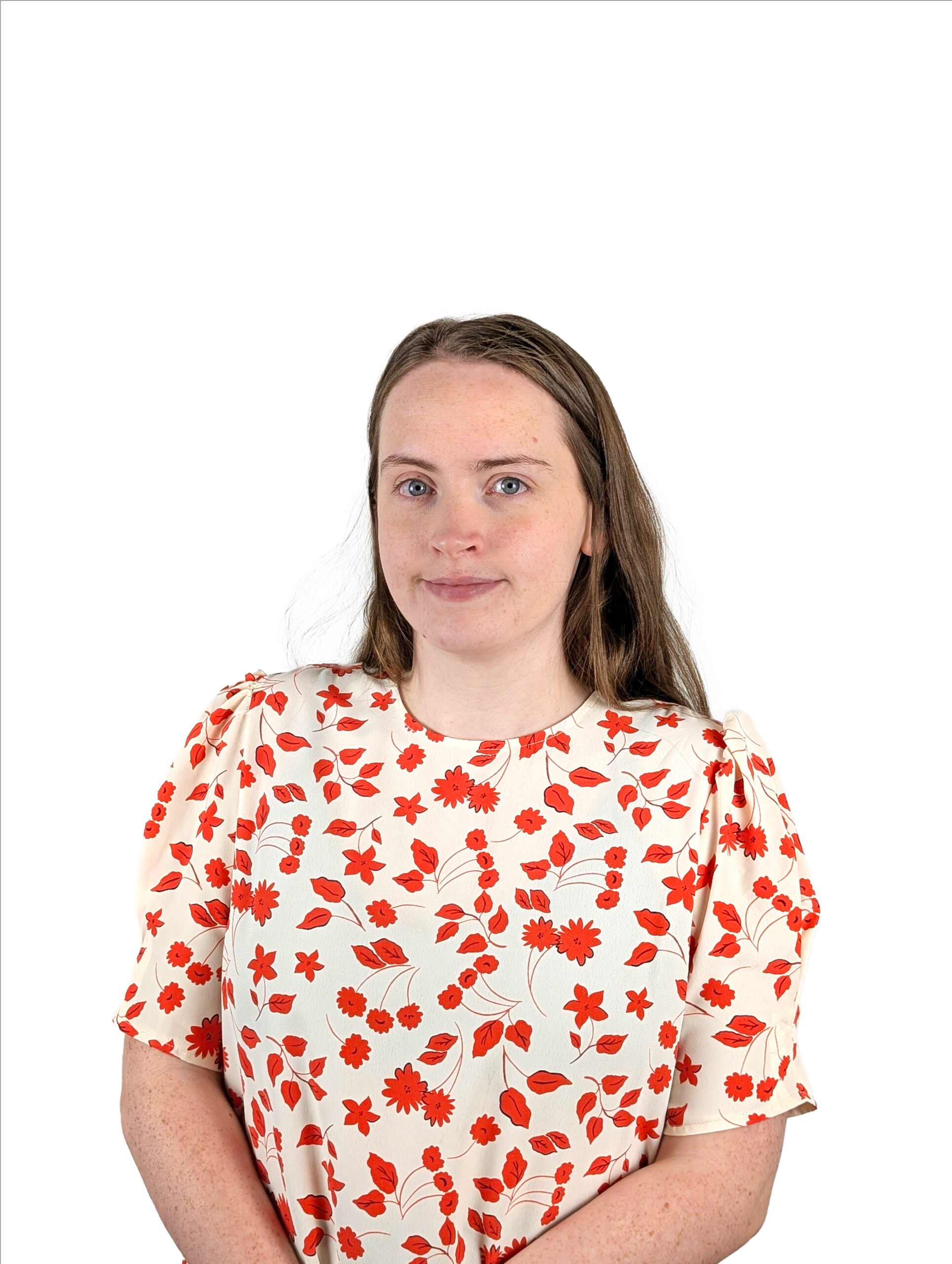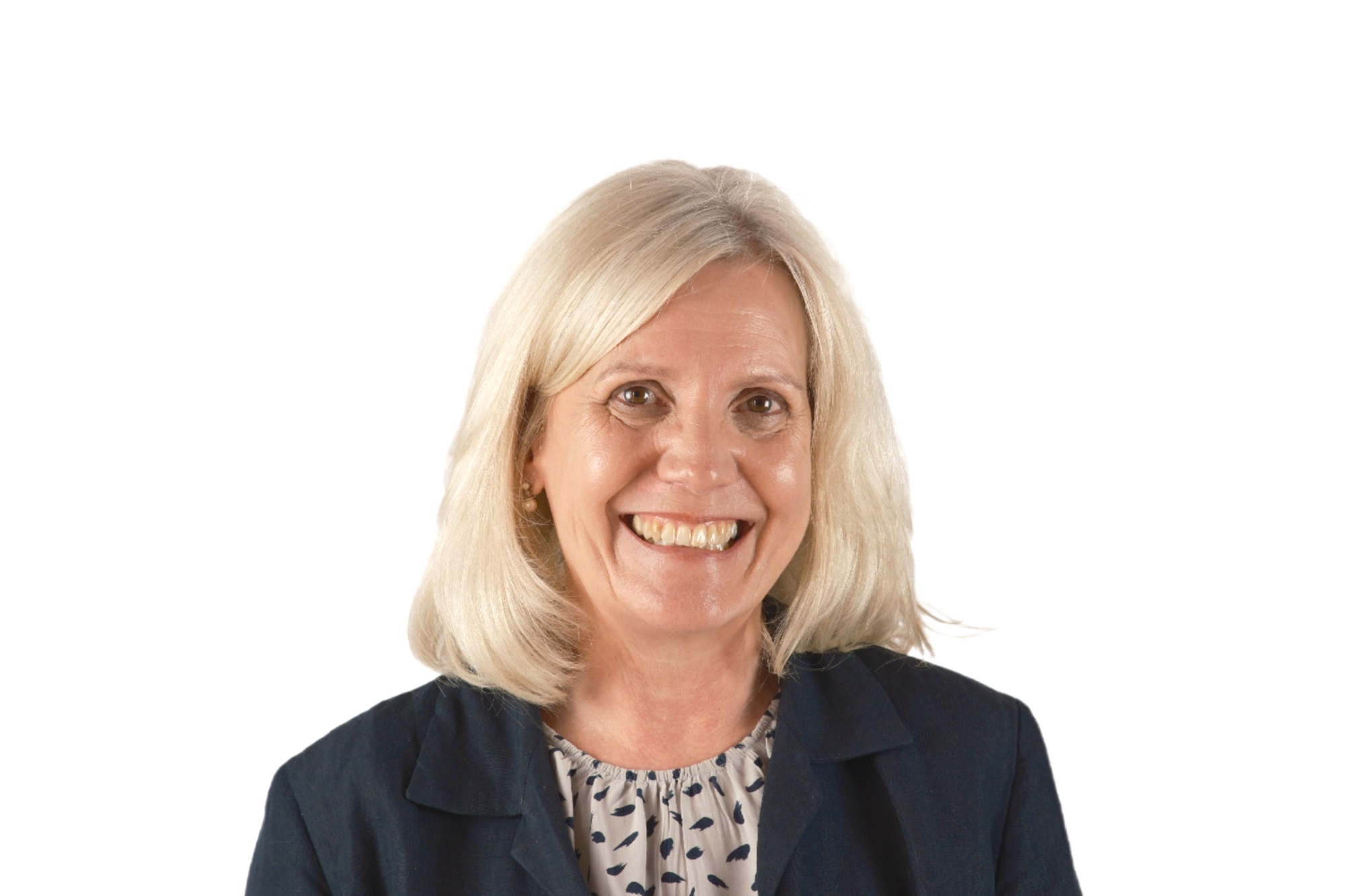LPA for Property & Affairs
Arranging decisions about your finances and property
Covering all of your legal needs with branches in Norwich, Sheringham and North Walsham
Having a Lasting Power of Attorney (LPA) in place can be just as important as having a Will. It gives you the reassurance that your wishes will be respected if, at any time in the future, you become unable to make decisions for yourself. Our Wills and LPA solicitors are on hand to help with both of these.
If you lose the ability to manage your own affairs, a partner or family member cannot automatically deal with things on your behalf. If you are affected by dementia, you will need to consider the legal and financial implications for you and your family.
Arranging decisions about your finances and property
Arranging decisions about your care and medical treatment
Giving someone else the power to manage your financial affairs
You will need a certificate provider for both types of LPA

This type of LPA allows your attorney or attorneys to make decisions about your finances and property, such as paying bills or selling property.
You can choose to make one or both types of LPAs, and you can appoint the same person to be your attorney for both. You can also appoint as many attorneys as you like, and decide how they’ll make decisions.
Our expert team will talk you through all the options available for your LPA so you can feel confident you and your loved ones will be protected in the future.
Below, we’ve answered some of the questions we’re asked most frequently by people thinking about putting a Lasting Power of Attorney in place.
If you can’t find the information you need, or you’d prefer to talk through your personal circumstances, our dedicated lasting power of attorney solicitors in Norwich, Sheringham and North Walsham are here to offer confidential, expert support whenever you need it.
An LPA is a legal document that allows you to appoint someone you trust (an attorney) to make decisions on your behalf if you lose mental capacity.
There are two types: Property & Financial Affairs and Health & Welfare.
They are separate documents. Most people choose to have both so that all aspects of their life are covered.
As soon as possible. You must have mental capacity when creating it, and registration can take several weeks.
No. Even a spouse or partner may be unable to access accounts or make care decisions without an LPA in place.
Attorneys can only make gifts of a reasonable value or small gifts to related or closely connected persons (like friends or family) or a charity on customary occasions like birthdays, weddings/civil partnerships; Christmas, Diwali, Hanukkah or Chinese New Year if they can afford it.
Some larger gifts require the approval of the Court of Protection.
Currently (2025) £92 per LPA. Fee reductions or exemptions may apply.
Typically 8–12 weeks if the forms are completed correctly. Mistakes can cause delays.
Not legally. You can apply yourself, but professional advice helps avoid errors that could invalidate the document.
Anyone aged 18+ with mental capacity. For financial LPAs, they must not be bankrupt. Choose someone you trust implicitly.
Yes, but it can be less practical. They must sign the LPA in person and have it witnessed correctly.
Yes, at any time while you still have mental capacity.
All LPAs end immediately. Your executors then take over under your will.

You should consider appointing a replacement Attorney to provide for a situation that your chosen Attorney is not able or is unwilling to act. If you appoint your spouse or civil partner, be aware that dissolution of the marriage or civil partnership terminates the appointment of your spouse/civil partner, unless you have indicated otherwise.
To find out more or discuss your individual requirements in further detail, our dedicated Lasting Power of Attorney solicitors are on hand to advise. Call us today on 01603 693510 or get in touch via our enquiry form and we will guide you through the process.
We understand that the LPA process can feel overwhelming, which is why we’ve created a simple, step-by-step guide to show what you can expect from the moment you first contact us. Every client’s situation is unique, so your solicitor will take the time to agree a clear plan and realistic timeline with you, keeping your wishes at the heart of the process from start to finish.
Step 1: Initial Appointment Booking
Our Client Relations team will arrange a convenient time for your first meeting with one of our Private Client lawyers.
Step 2: Initial Consultation
You’ll meet with a Lawyer to discuss your LPAs, understand your options, and receive initial guidance tailored to your circumstances.
Step 3: Strategy & Next Steps
After consultation we will prepare the draft Lasting power of Attorney documents for consideration and approval.
Step 4: Ongoing Support & Signing
The person making the LPAs (Donor) has to sign the documents first, in front of a witness.
Step 5: Certificate Provider
A certificate provider is required, normally this can be the Lawyer or a friend who has known the donor for at least 2 years.
Step 6: Attorney Signature
The documents then have to be signed by the attorney whose signature requires a witness.
Step 7: Application Submission
The application to register the documents can then be made to the Office of the Public Guardian and the registration fee must be paid at the same time.
Open-minded, supportive communication
Over 70 years of experience
A dedicated client relations
desk
Transparent, solution-focused advice

You should choose a person or people with whom you have a settled and easy relationship. The person or people chosen must be absolutely trustworthy and possess appropriate skills to make decisions on your behalf. They must be over 18 and not be an undischarged or interim bankrupt person, if you are making a Property and Affairs Power.
You can appoint one Attorney but it is advisable to appoint more than one or a replacement, to lessen the chance of abuse and ensure continuity in case your chosen Attorney cannot act. If you choose more than one, it is essential that those people get on with each other.
If you have more than one Attorney, you will need to decide whether you want them to act:
Jointly – always together – If they are appointed together, they must always sign together and agree which can be difficult in practice. Additionally if one dies, loses mental capacity or becomes bankrupt (if the Power is a Financial Power), the document can no longer be used.
Together and independently – they can act either together or entirely independently of each other. This works well when the Attorneys do not live near to each other or, if one were to retire or die, then the other Attorney could still act.
A combination – you decide which decisions they have to make together and which independently.
To find out more or discuss your individual requirements in further detail, our team are on hand to help.

Partner and Head of Private Client

Partner

Head of Wills, Trusts & Probate (Associate Solicitor)

Solicitor

Associate Chartered Legal Executive

Associate Solicitor

Probate Executive

Chartered Legal Executive

Legal Secretary

Legal Secretary

Legal Secretary